Social and cultural life got off to a slow start in Kansas City’s dusty early years. But in the late-19th and early-20th centuries several of the area’s most durable and historically significant social and benevolent clubs were formed. The Kansas City Club (est. 1882) was for 133 years a group for men (and eventually, women) of means. The Kansas City Athletic Club (est. 1887) has sported such members as Harry Truman throughout its history. Influential women formed The Athenaeum in 1894, with the aim of exerting positive influences on education and on the city’s quality of life.
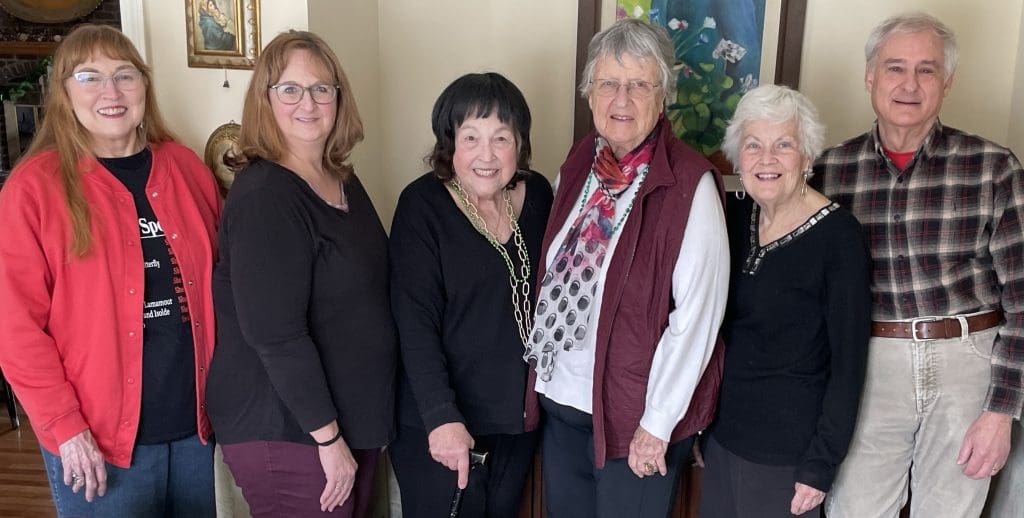
The ensuing decades saw the founding of the Kansas City Country Club (1896), the American Royal (1899), the Mutual Musicians Foundation (established in 1904 to promote jazz), and the Kansas City Young Matrons (1917). There were Rotarians, Masons, Shriners, and more.
One organization stands out, partly because it reflects the early prominence of the performing arts, and especially classical music, in the city’s life. The Kansas City Musical Club was formed in 1899 “to stimulate, encourage, and acquire a broader knowledge of music and musical literature,” according to its language, and it remains one of the longest continually running cultural organizations in town.
In 1911 the Club was incorporated into the National Federation of Music Clubs, which had itself only begun in 1898; the local chapter (also a part of the Missouri Federation) proved quite assertive in advancing and promoting orchestral, vocal, and chamber music in the city. Also in 1911, the Club donated $2,000 (about $70,000 in today’s funds) toward establishing of one of the city’s first professional orchestras.
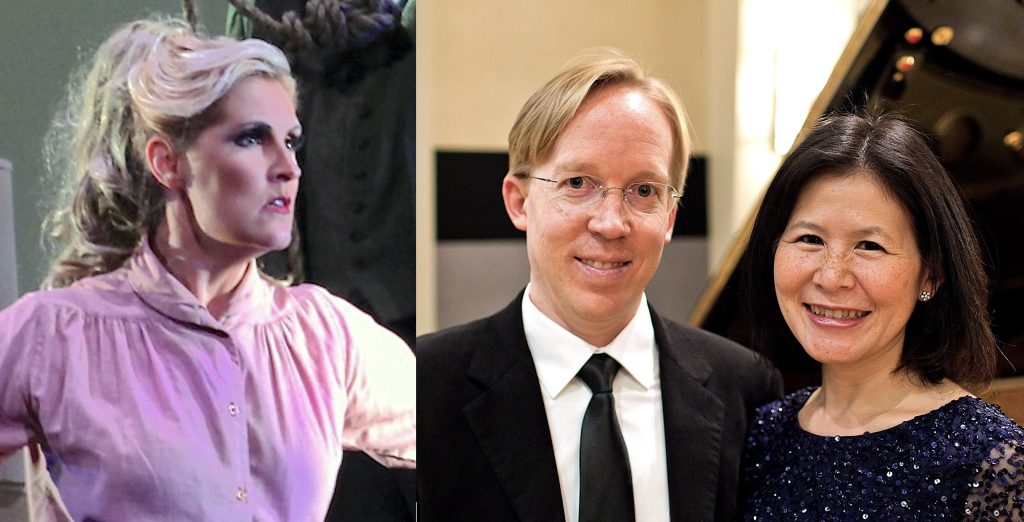
More than 125 years later, the Musical Club — one of nearly 5,000 state and local chapters around the nation — remains a force in the city’s cultural life. Its primary activities are twofold. First, at noon on the first Monday of each month it hosts a series of free concerts featuring chamber, vocal, and solo music performed by engaging professionals and gifted students. This April 7th, for example, the Club presents a program with acclaimed soprano Stacey Stofferahn and 88 Squared, a piano duo of UMKC Conservatory faculty members Jeffrey and Karen Savage.
Earlier this season the Club presented the Goldenberg Duo, Opera and Jazz from the UMKC Conservatory, piano prodigy Matthew Liu, student stars of Park University’s International Center for Music, and a chamber recital featuring renowned mezzo-soprano Liz Cass and flute-percussion duo Silver Bow Sound.
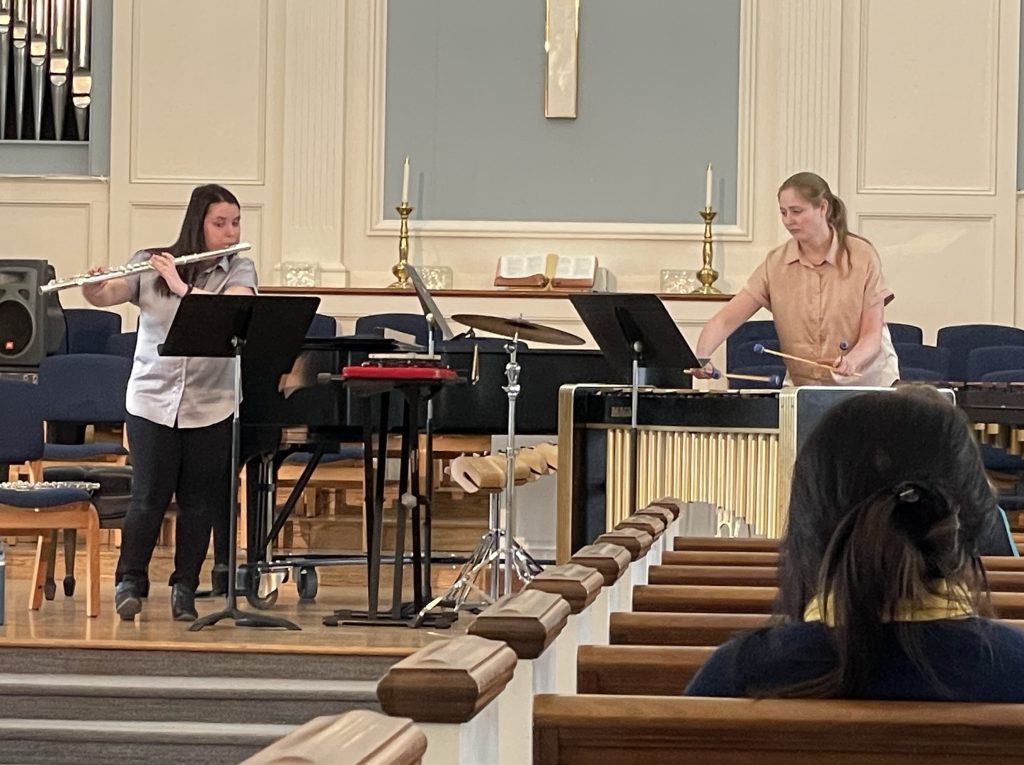
Just as important to the Club’s identity are its annual Scholarship Auditions, which each spring award $1,000 each to between seven and 10 students from area colleges.
“These two things really sum up who we are,” said President Susan Klankey, a retired teacher from the Turner School District.
Through its concerts, the Club is “stimulating and encouraging a broader knowledge of music, as our mission states,” Susan added, “by bringing beautiful music to the public with these free concerts.”
Likewise with the Scholarship Auditions the club is “helping to build up the younger generation to become performing musicians.” (A third activity is the group’s Annual Award, given “in recognition of outstanding contribution to the cultural life of Kansas City.”)
Part of the Club’s storied history lies in the prominence of its participants. The list of recital guests is a who’s who of music regionally and nationally, and past winners of the Scholarship Auditions include such figures as tenor Vinson Cole, Friends of Chamber Music Founding Director Cynthia Siebert, and Park University pianist Behzod Abduraimov.

During its earlier years, the Club existed chiefly for performing musicians, and entrance was by application. “I joined back when you still had to audition to get in,” said longtime member Elaine Minden, the group’s previous president. At one point the group “adopted two categories of membership,” she added — “associate and active.”
This concept faded, and as the group began bringing in outside performers, “we started having more members who just appreciated music,” Elaine said.
Enter Sanna Cass, who as the Club’s longtime program chair has been a primary force in building the Monday concert series. “We bring in top-notch artists,” she said. “It gives them an opportunity to perform in a beautiful and acoustically vibrant space before a very appreciative audience. Kansas City is alive with talent!”
Over the years, public awareness of the “First Monday” concerts has grown and has bolstered the Club’s profile and reputation. “Not many musical clubs around the country do anything like these concerts,” said board member Don Dagenais. “They might get together and perform for each other … but bringing in performers and inviting non-members to concerts is what makes this group unique.”
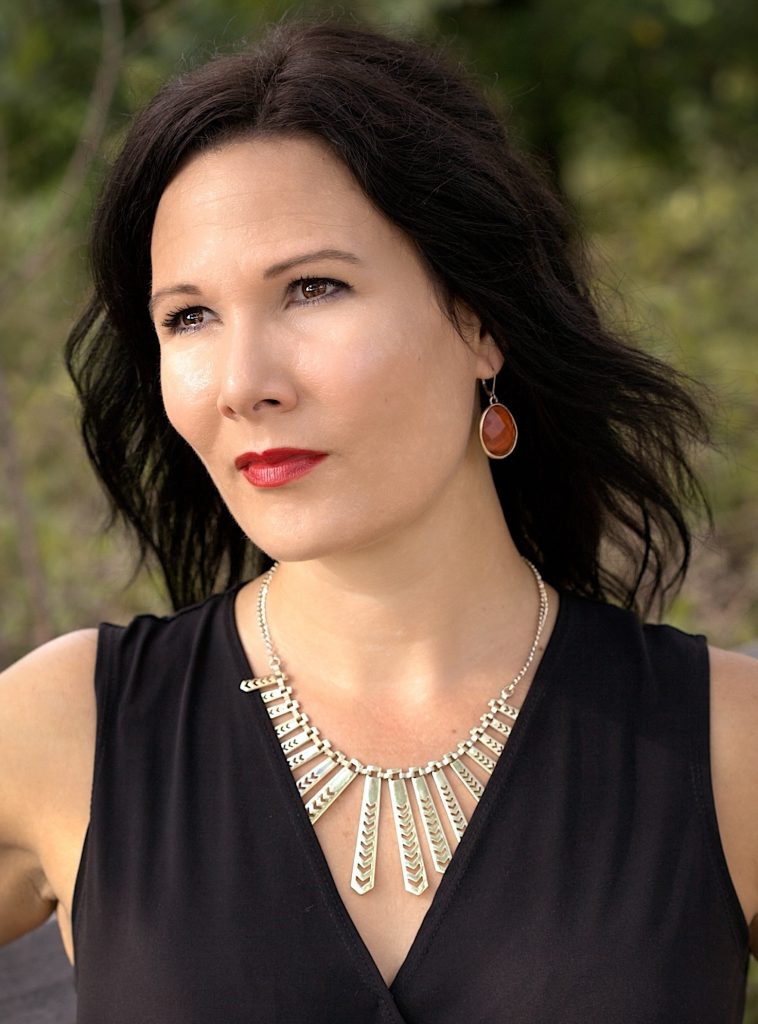
Membership in the club has fluctuated through the years but has recently held steady. There were hundreds of members in the 1940s and 1950s, most of whom were performing musicians and many of whom played in the Kansas City Philharmonic.
“Then at one point the membership got so low that we almost disbanded, said longtime member Ruth Laughlin, whose mother was a harpist in the Philharmonic. Membership rose when the Club began centering its activities on the centrally located Asbury United Methodist Church, and consciously trying to increase its profile through publicity. “But a larger membership would still be helpful,” Ruth said.
The Musical Club draws a great deal of attention each March, when it holds its Scholarship Auditions and draws students from around the metro region. The only requirement for entry is that a student is enrolled in a four-year college within a 60-mile radius from downtown Kansas City.
This year there were 26 undergraduates and graduate students from five different schools — pianists, singers, string players, a trombonist, and no fewer than four flutists. At least eight colleges are eligible for participation: not just the Kansas City-area schools but also The University of Kansas, Washburn University, University of Central Missouri, Missouri Western State University, Benedictine College, and MidAmerica Nazarene University.
In addition to the principal awards, there are additional honorary awards each year, many named for past or present Club members. “There are three judges, and each student presents 10 minutes of music,” said Marilyn Miller, who as chair of the auditions committee organizes the event. “And these judges give really good critiques, helpful and positive things that the students can learn from.” Competitors can audition as many times as they’d like, “but they can only win twice,” Marilyn said.
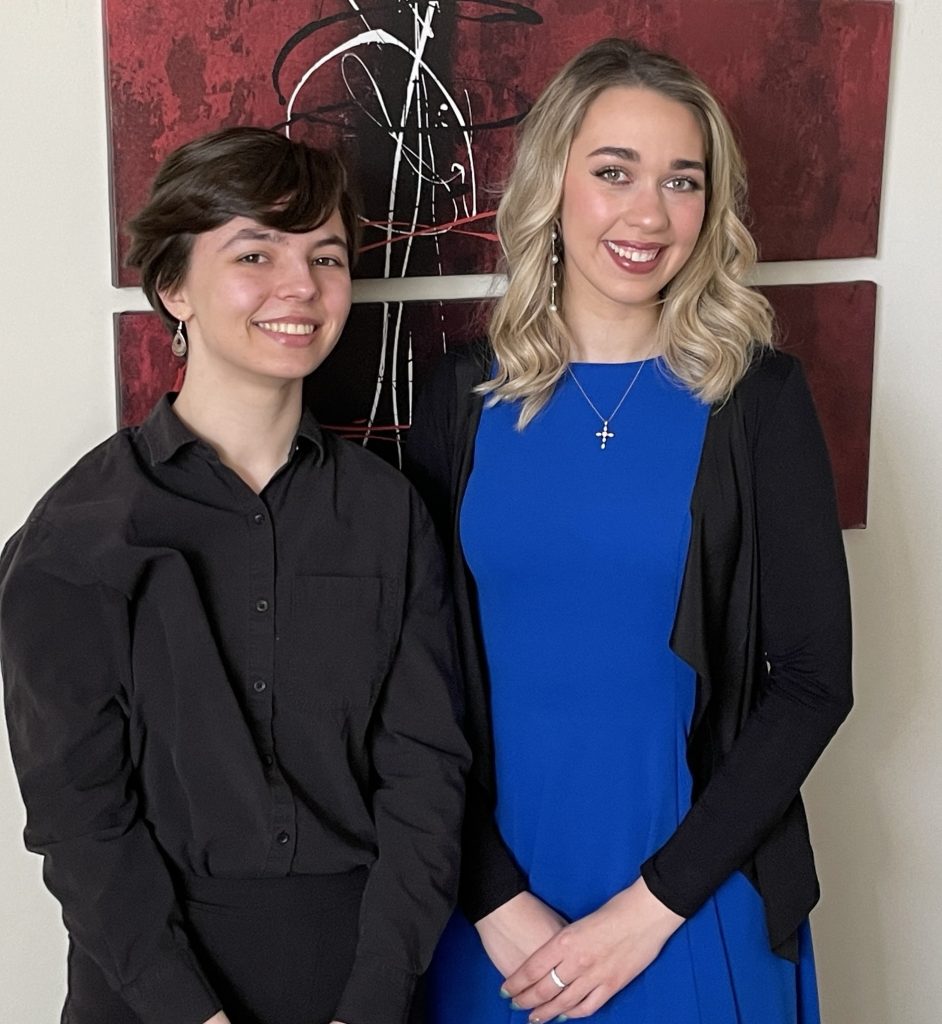
“Auditioning is really good practice,” said William Jewell College piano student Naomi Speck, having just played Mozart and Chopin for the judges. “It’s a very different set of nerves than the ones you use in juries, or in the practice room. You have to practice performing in order to perform better.”
Madeleine James, a graduate voice student at The University of Kansas, concurred. “In this field you have to be eager to get feedback … and from people that you don’t normally work with. … It helps you to learn and grow as an artist … plus you can network and get your name out there.”
Like any performance, an audition is also an act of sharing. “When you work on a piece for so long and you have it down, you want to share it,” said Naomi, a first-time Musical Club auditioner.
“You don’t want to just keep it in the practice room: It’s really good to perform it for someone, anyone — even if it’s not a whole crowd of people. It feels really good to get it out into the world.”
For information on the Musical Club and its activities, see kcmusicalclub.org. To reach Paul Horsley, performing arts editor, send an email to paul@kcindependent.com or find him on Facebook (paul.horsley.501) or Twitter/Instagram (@phorsleycritic).
—By Paul Horsley